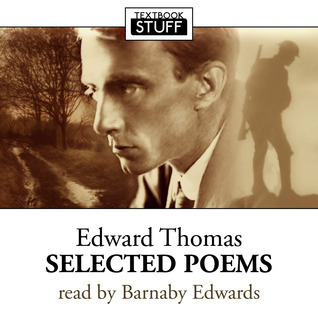What do you think?
Rate this book


Audiobook
First published October 1, 1964
What does it mean? Tired, angry, and ill at ease,
No man, woman, or child, alive could please
Me now. And yet I almost dare to laugh
Because I sit and frame an epitaph –
‘Here lies all that no one loved of him
And that loved no one.’ Then in a trice that whim
Has wearied. But, though I am like a river
At fall of evening while it seems that never
Has the sun lighted it or warmed it, while
Cross breezes cut the surface to a file,
This heart, some fraction of me, happily
Floats through the window even now to a tree
Down in the misting, dim-lit, quiet vale,
Not like a pewit that returns to wail
For something it has lost, but like a dove
That slants unswerving to its home and love.
There I find my rest, as though the dusk air
Flies what yet lives in me: Beauty is there.
I never had noticed it until
‘Twas gone, - the narrow copse
Where now the woodman lops
The last of the willows with his bill.
It was not more than a hedge overgrown.
One meadow’s breadth away
I passed it day by day.
Now the soil was bare as a bone,
And black betwixt two meadows green,
Though fresh-cut faggot ends
Of hazel made some amends
With a gleam as if flowers they had been.
Strange it could have hidden so near!
And now I see as I look
That the small winding brook,
A tributary’s tributary, rises there.
I built myself a house of glass:
It took me years to make it:
And I was proud. But now, alas,
Would God someone would break it.
But it looks too magnificent.
No neighbor casts a stone
From where he dwells, in tenement
Or palace of glass, alone.